Introduction
Guacamole has become a popular snack for people, so they might have it at picnics or barbecues or whenever they gather around for a family dinner. But can dogs eat guacamole?
Is this type of food likely to harm your pet or can they actually enjoy some benefits from it? Read on to find out more!
Is Guacamole Good for Dogs?
While avocado, the main ingredient in guacamole, definitely has several nutrients that are beneficial for humans and dogs alike, when it’s combined with the rest of the ingredients in this food specialty, it can be a recipe for disaster.
However, let’s first look at why small quantities of avocado can actually provide your dog with a number of benefits.
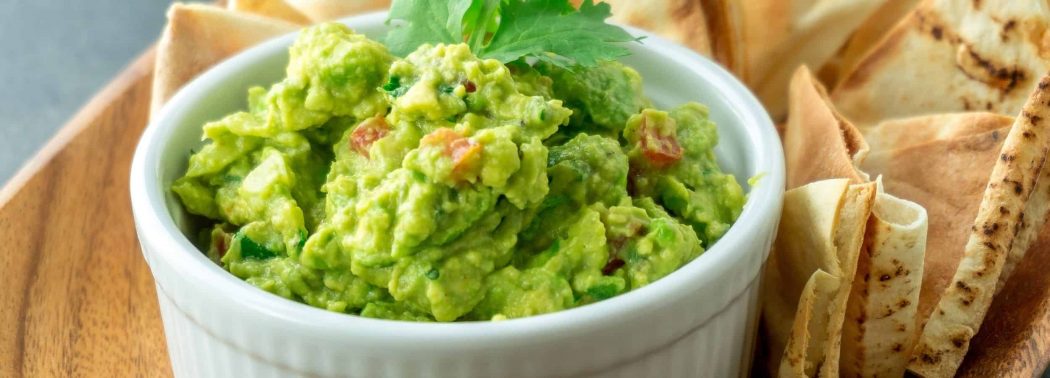
Vitamins
Avocados contain heaps of vitamins, and they range from vitamin A and B3 to B6, C, and E. All of these make it possible for your pet’s body to function properly. Vitamins A and E ensure that dogs continue having good eyesight and excellent skin and coat health.
B vitamins are involved in a wide variety of organic processes. As for vitamin C, it is considered anti-infectious since it can help your pet’s immune system combat infections.
Minerals
The main ingredient in guacamole, avocado, isn’t that rich in minerals since it only contains potassium and magnesium. The first is an electrolyte that ensures that your pet’s nerves, heart, and muscles, in general, continue to work as they should.
As for magnesium, it influences your dog’s energy levels. Along with other minerals such as calcium, sodium, and potassium, it influences the way your dog uses their muscles, and it also has a positive effect on the cardiovascular system (effectively preventing arrhythmias).
In fact, magnesium deficiency causes a variety of disturbing symptoms in dogs, such as lethargy, difficulty walking, as well as trembling, and changes in the heart’s rhythm.
Great for weight gain
Let’s face it. Avocado is one of the fattest fruits in the plant world. There are 15 grams of fat in every 100 grams of avocado.
This means that a snack of spice-free and condiment-free guac every now and then can help your dog recover from surgery or put on a pound if they’ve recently lost weight.
Is Guacamole Bad for Dogs?
Some avocado parts are risky
If you’ve taken the time to research the main ingredient in guacamole for dogs, you might have noticed that, according to many websites, avocado is, in fact, toxic to this species.
This isn’t exactly true. Some parts are indeed dangerous, such as the peel or the pit. They are both hazardous as they can cause your dog to choke, but they also contain high amounts of persin, a substance that is indeed toxic to animals.
But ripe avocados are generally safe, and if you make sure that you give your pet only small amounts of the flesh, you shouldn’t worry about anything.
Onion and garlic
This is one of the reasons why guacamole doesn’t really make a good snack for dogs. Both of these ingredients are dangerous and can even cause death in some cases.
If you know that your dog ate guacamole that contains garlic or onion, get to the animal hospital as soon as possible. Your veterinarian can make your dog vomit and remove the ingredients from their system before they reach the gut and get absorbed into their blood — because once that happens, your dog’s life is at risk.
Salt
Salt can cause havoc inside a dog’s body, especially in the way humans consume it. We all know that unseasoned guacamole just isn’t that tasty, but if you add salt to it, it automatically becomes unsafe for dogs.
Pets can develop cardiovascular health issues when being consistently exposed to salt. They can also suffer from dehydration, which can be quite dangerous especially during the hot season.
Lime juice
Although people don’t tend to add too much lime into the guacamole that they make at home, this can be a common ingredient in store-bought varieties. Unfortunately, lemon or lime juice has essential oils and a number of other substances that are toxic to pets.
To make it worse, lime juice is pretty much a must in this type of food as it prevents the avocado from oxidizing and becoming brown fast.
Tomatoes
Ripe tomatoes are usually harmless for dogs. However, unripe ones, which are commonly found in supermarkets, especially in winter, contain high amounts of solanine. This is a toxin that is also risky for dogs.
Artificial additives
If you don’t make your own guac at home and you usually buy it from a shop, think again. First off, most of the commercial guacamole types you are likely to stumble upon at the supermarket are packed with additives.
Whether artificial colors, binders, preservatives, or anything else in this sense, these chemicals can negatively influence your dog’s health. In time, they can even cause cancer.
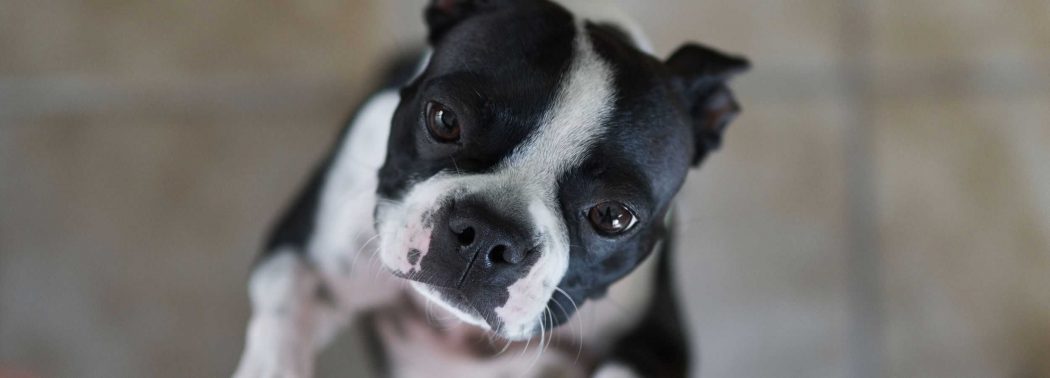
How Much Guacamole Can My Dog Eat?
Ideally, your dog should never eat guacamole, especially if it contains some of the ingredients we have listed above.
However, homemade guac to which you’ve added no salt, spices, onion, garlic, or tomatoes, is safe in small amounts.
One teaspoon per week seems to be safe for most dogs but do keep in mind that this is not a food that they should regularly have in their diets.
There are plenty of food plans that you can follow and that your vet can recommend based on your dog’s age and health status. They can also advise you on specific vet-approved diets if your dog is suffering from a particular condition, like kidney or liver health issues.
How to Prepare and Serve Guacamole to Your Dog
If you really have to give guacamole to your pet, even though we advise against doing so, the best way would be for you to lay off the seasonings completely.
As you can expect, that would actually mean that the food you’d prepare wouldn’t be guac at all — it would rather be an avocado puree with no spices or anything else added to it.
However, that is the only form that’s safe and acceptable for dogs.
Frequently Asked Questions
The best piece of advice we have for you in this situation is to go to the vet clinic right away. As we’ve previously pointed out, the danger in guac isn’t the avocado itself, but rather the rest of the ingredients. Time is of the essence in this case and your dog needs veterinary assistance as soon as possible.
The symptoms that pets can experience after eating this food type, especially if they’ve had a lot of it, can be extremely different. Every dog is different, but this is what you can notice (and also why we recommend going to the vet ASAP):
- Vomiting and diarrhea
- Bloating
- Abdominal pain
- Trying to urinate/defecate without managing to
- Heart arrhythmia
- Shortness of breath
- Lethargy
- Tremors or seizures
Avocado and guacamole toxicity can also lead to pancreatitis, a disease that’s caused by too much fat in the pet’s diet. If your dog is already overweight or obese or suffering from diabetes, never allow them to have guacamole — in any instance.
Although a typical allergy to guacamole doesn’t really exist, dogs can be considered allergic to a number of ingredients in it. In the end, this is not the best food you can give your pet.
Summary
Guacamole is not safe for dogs. Very small amounts of unseasoned guac might not cause any symptoms or health complications, but we strongly advise against feeding guacamole to dogs, in general.
Sources
- Susceptibility to onion-induced hemolysis in dogs with hereditary high erythrocyte reduced glutathione and potassium concentrations, O. Yamoto et al, 1992
- Heinz body hemolytic anemia with eccentrocytosis from ingestion of Chinese chive (Allium tuberosum) and garlic (Allium sativum) in a dog, Osamu Yamato et al, 2005
- Fatal hypernatremia in a dog from salt ingestion, C. Khanna et al, 1997
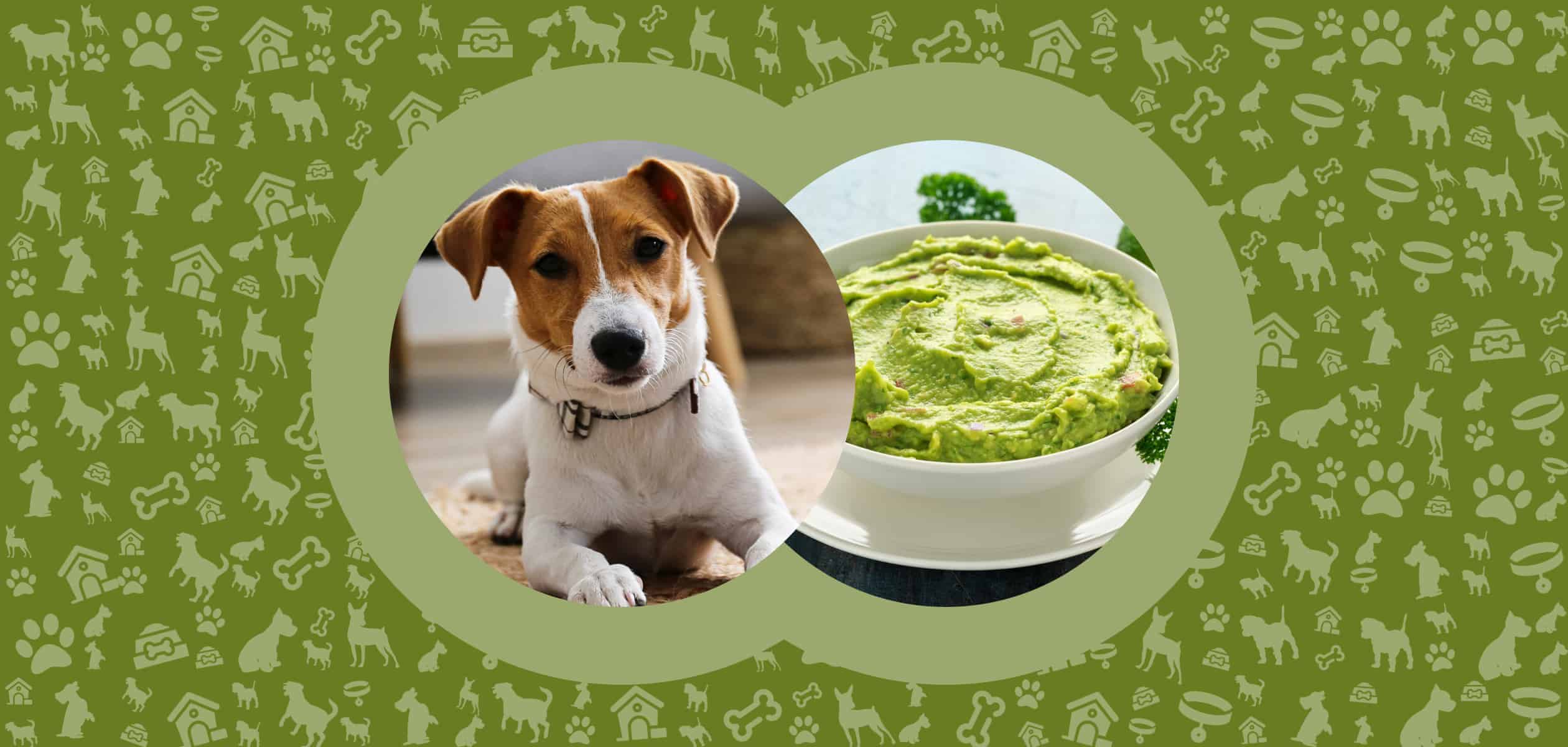
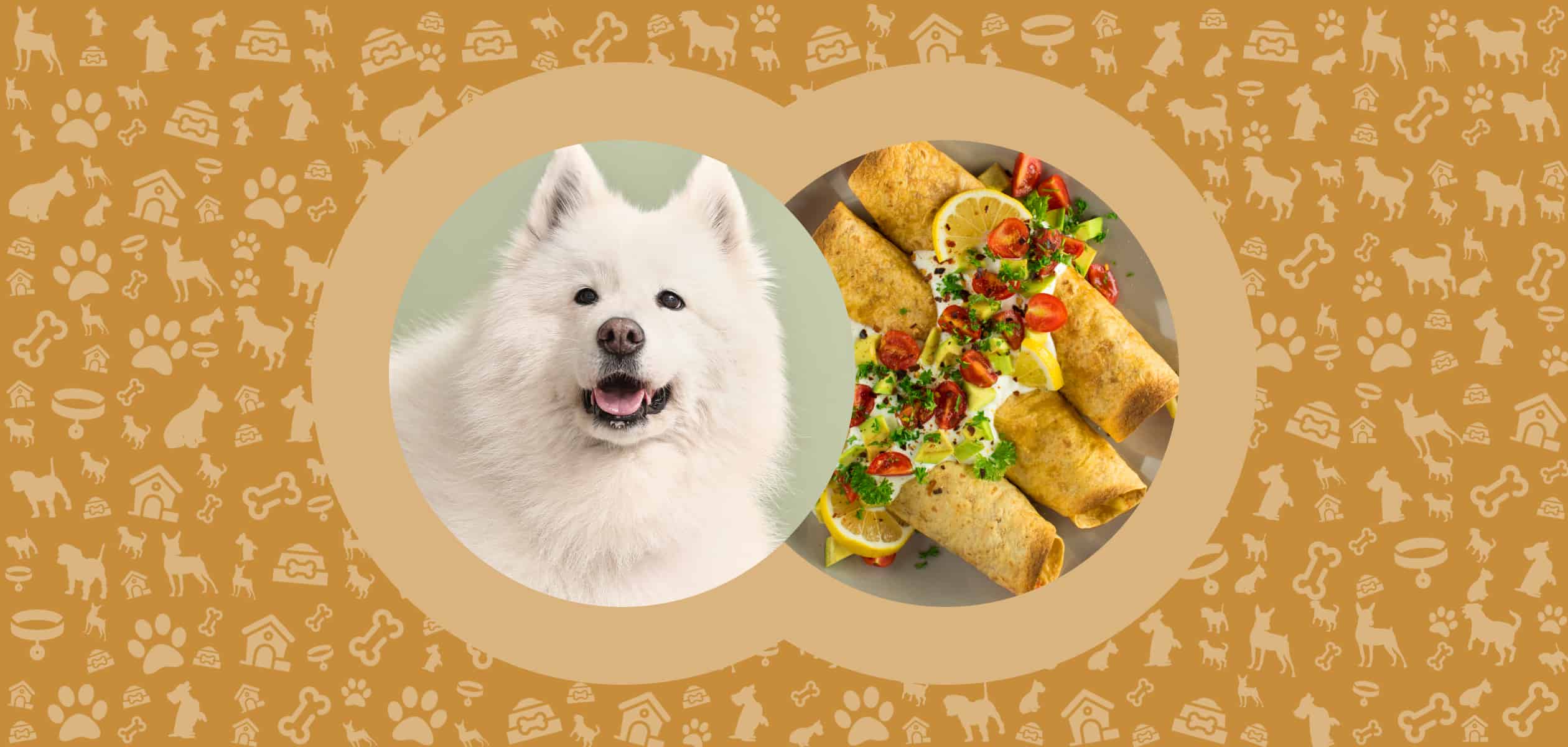
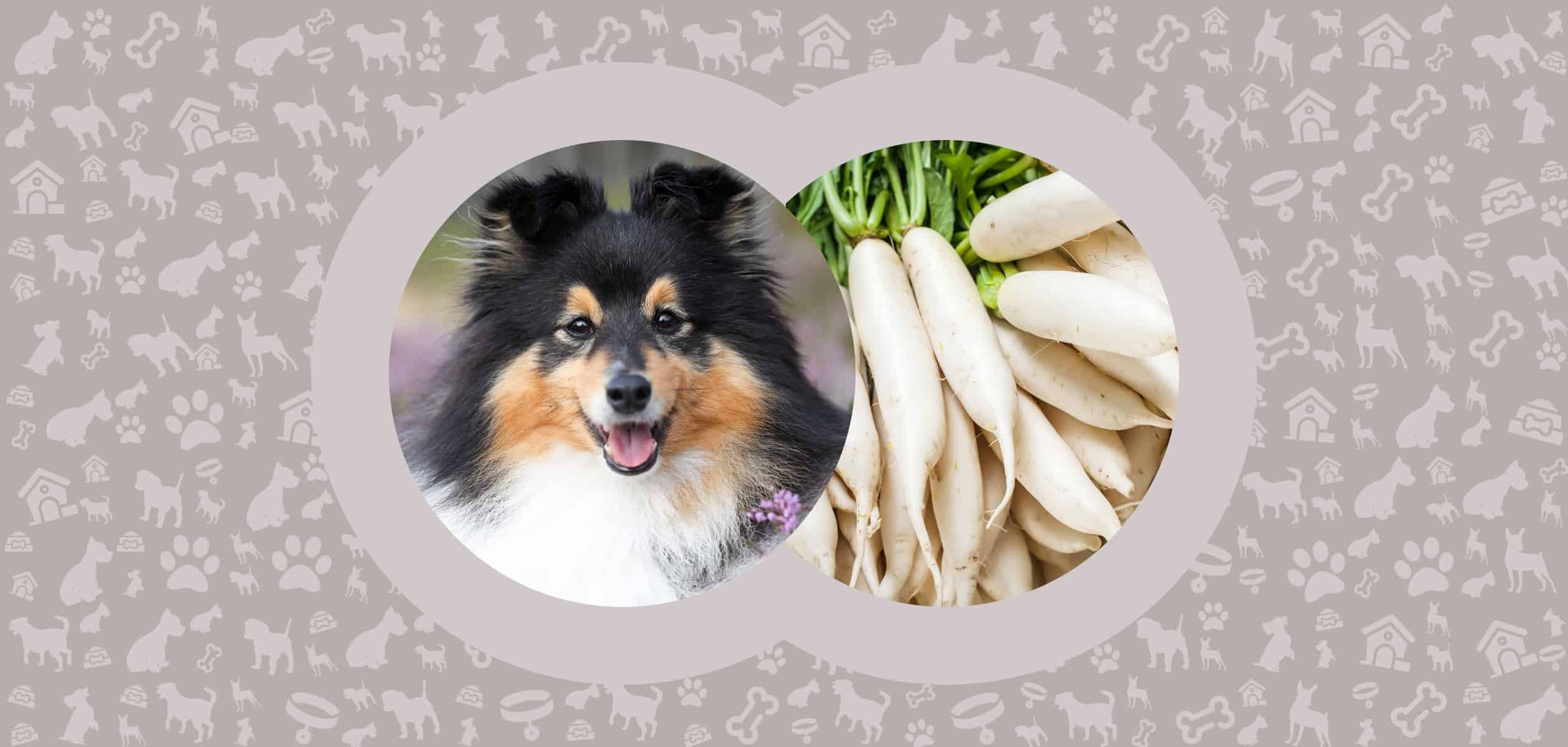
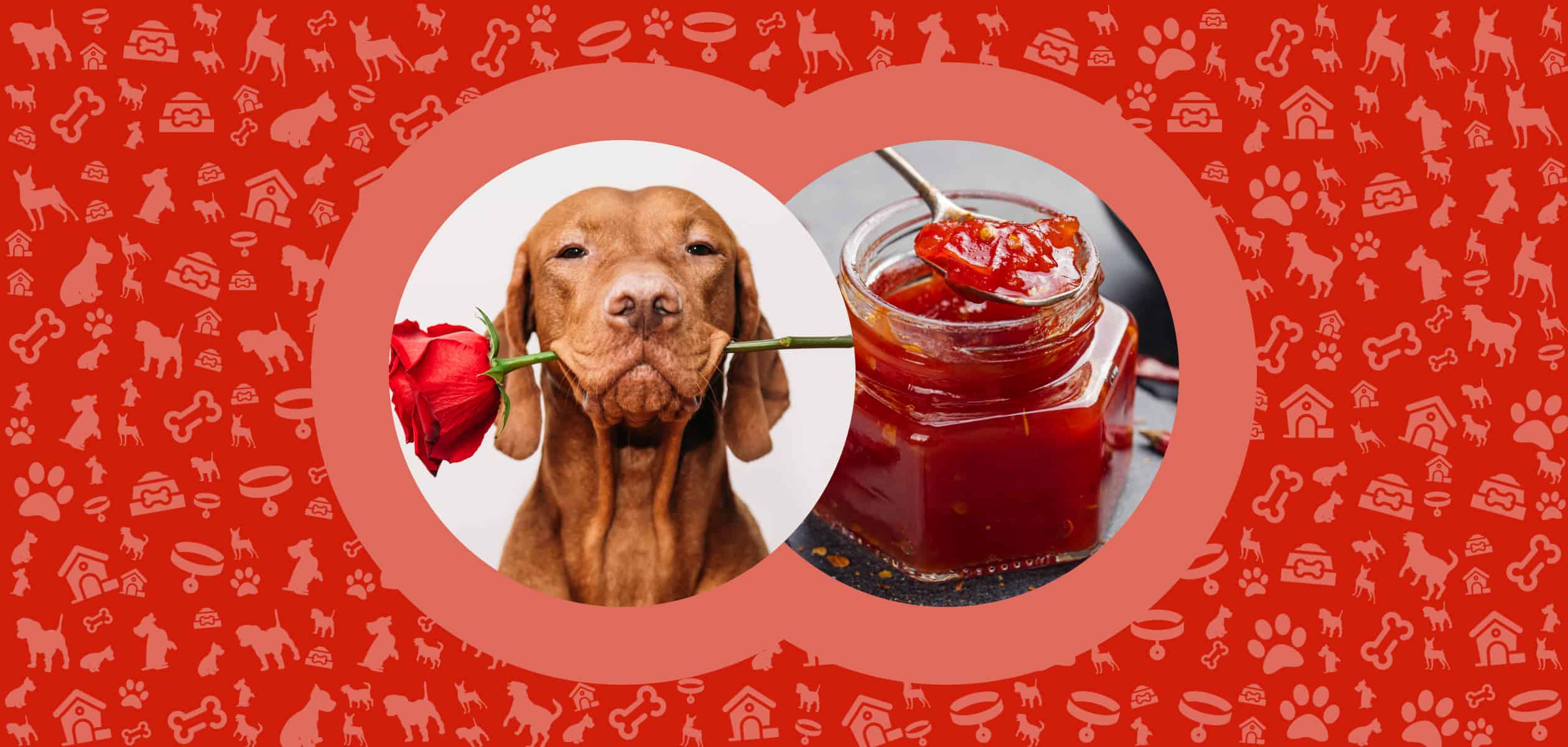
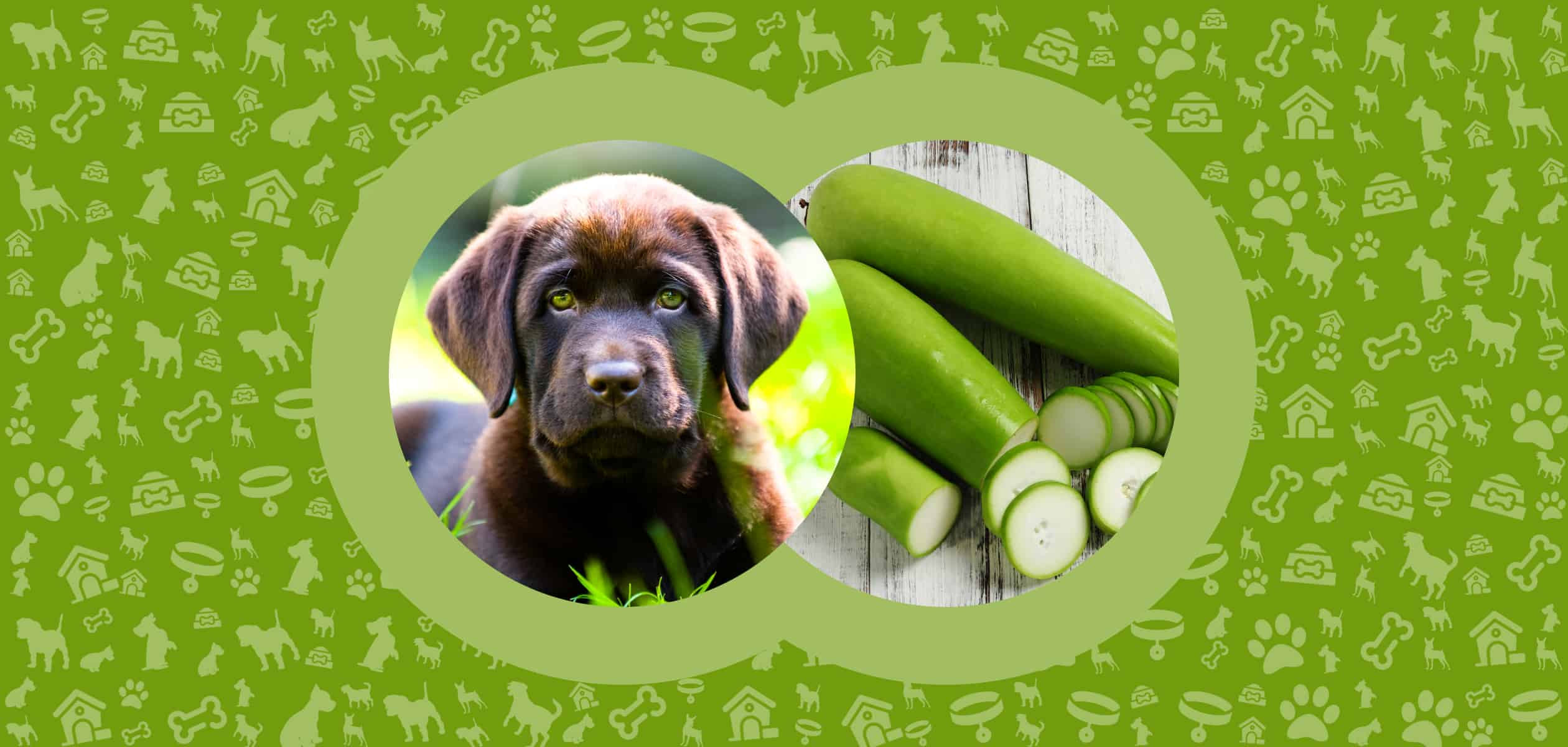
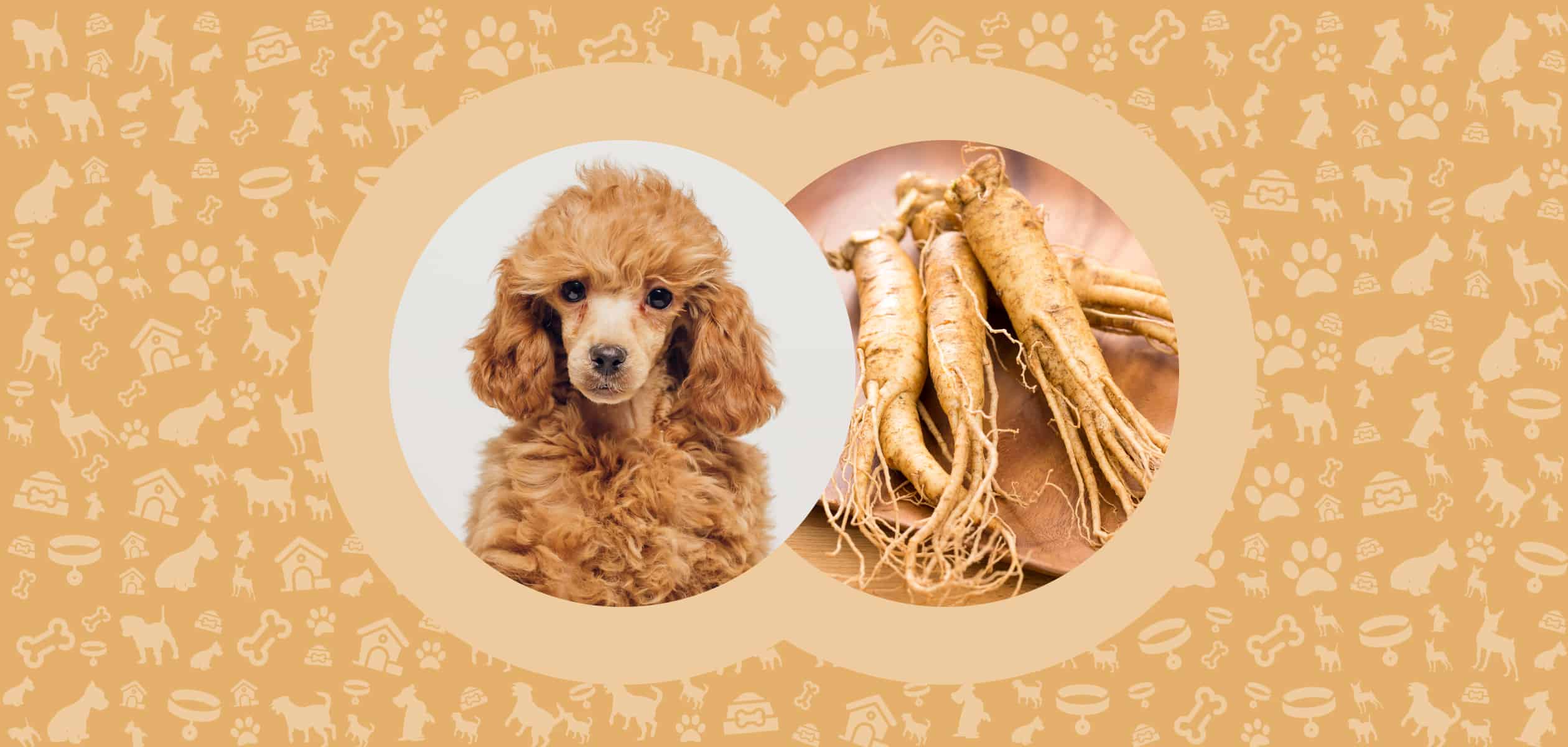
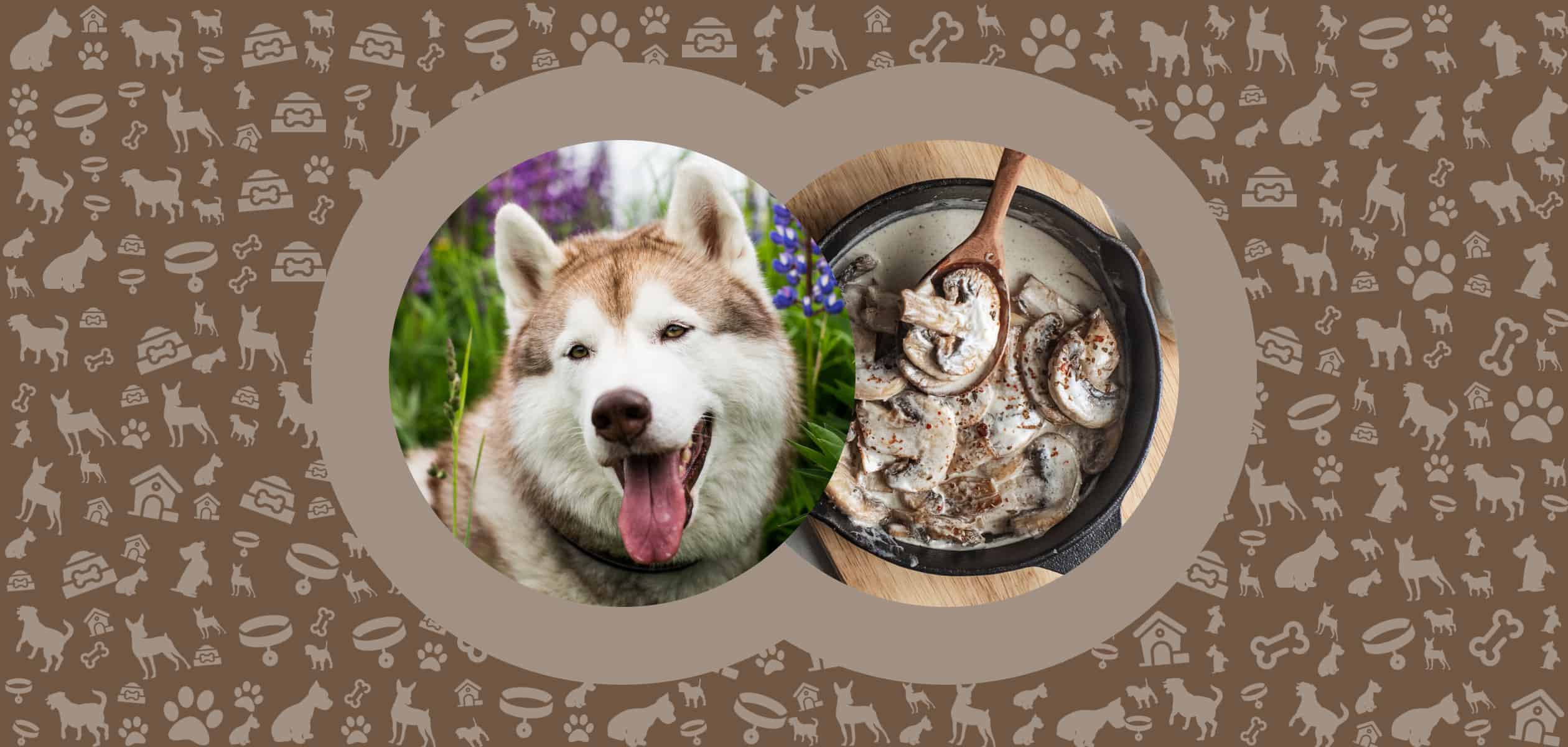
Leave a Comment